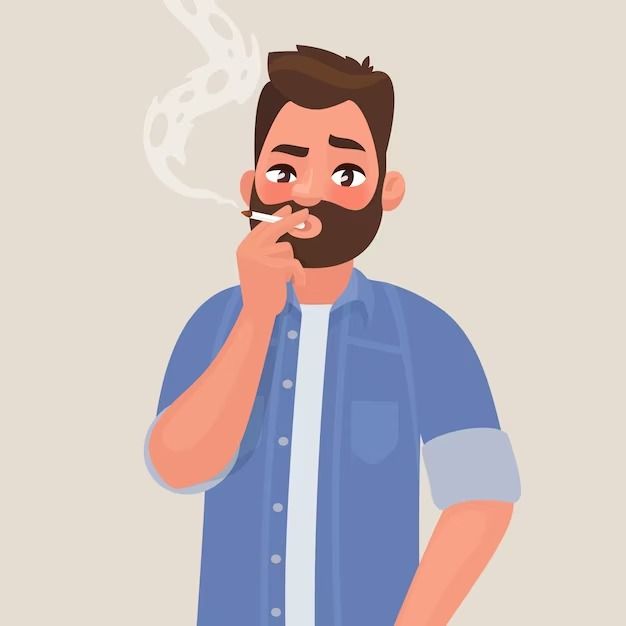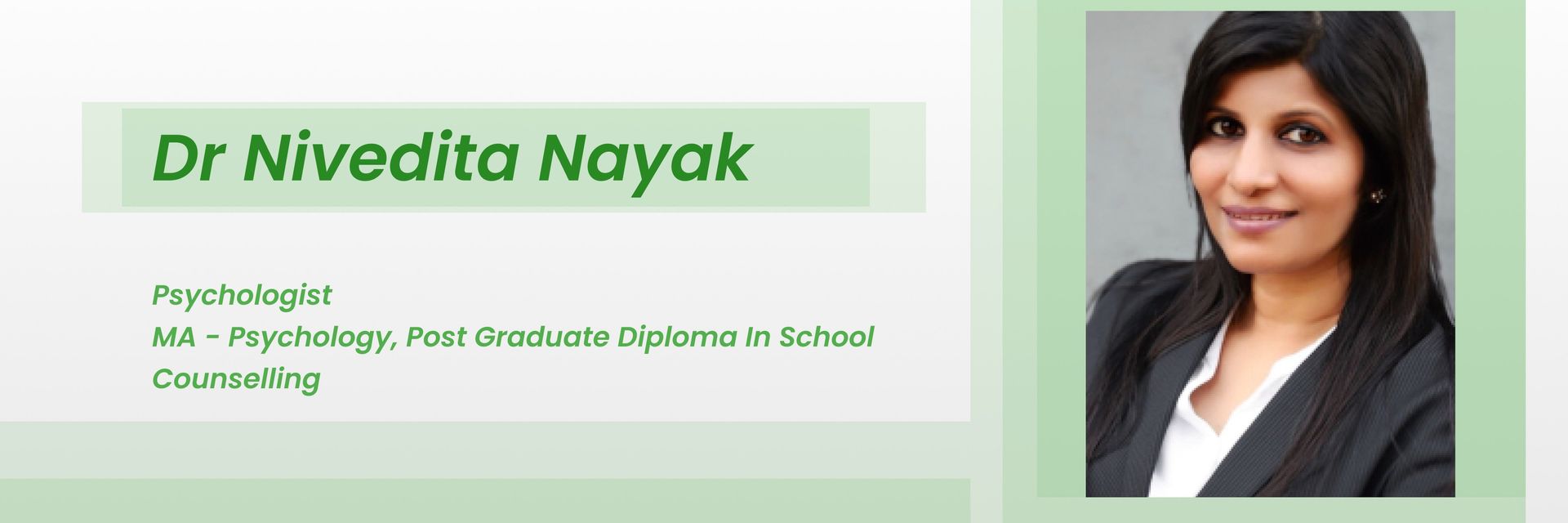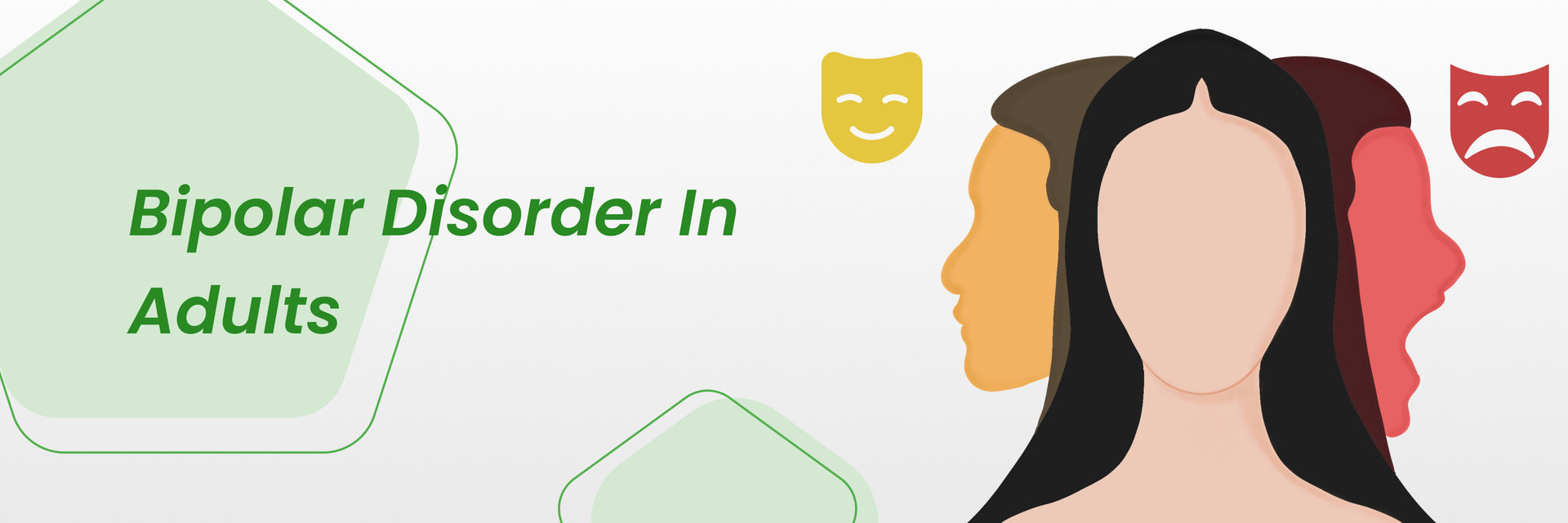
Why do people experience anxiety months after quitting smoking?

The changes in the brain's reward system cause anxiety months after quitting smoking. Nicotine present in cigarettes stimulates the release of dopamine in the brain. The release of dopamine gives a feeling of pleasure.
When someone quits smoking, the brain’s reward system undergoes significant changes.
The brain’s prefrontal cortex is responsible for decision-making and impulse control. To produce responses, it receives inputs from two regions:
- Amygdala - this is involved in fear and anxiety.
- Ventral segmental area- Associated with reward and motivation
So, when a person quits smoking, the prefrontal cortex receives less input from the ventral segmental area. This leads to reduced feelings of reward and motivation. At the same time, the prefrontal cortex receives more input from the amygdala. These cause increased feelings of fear and anxiety.
Your health is too important to ignore – schedule your appointment now.
Read below to learn about the symptoms!!

What are common symptoms of anxiety months after quitting smoking?
Anxiety is one of the common withdrawal symptoms that people may experience after quitting smoking. Here are some of the common symptoms of anxiety after quitting smoking:
- Feeling restless, tense, or irritable
- Having difficulty concentrating or focusing
- racing heartbeat or palpitations
- Feeling short of breath
- Feeling sweaty palms or feeling clammy
- Experiencing GI problems like stomach cramps, nausea or diarrhea
- Having difficulty sleeping
- Feeling fatigued or exhausted
- Experience changes in appetite.
It is very important that you know how to cope with it. Continue reading to learn more!
Coping strategies for anxiety months after quitting smoking
Quitting smoking can cause emotional and physical reactions. People who try to quit smoking experience depression and anxiety during the early stages of quitting. This can increase the chances of relapse. Hence, it is important to acknowledge how you feel and find ways to cope with it.
The coping techniques include the following:
- Being active- Staying active and doing exercise distracts you from the urge to smoke. As per research, exercise helps in coping with and treating depression.
- Set goals for yourself- Set realistic goals and break them into manageable tasks. Use the SMART goals technique to stay focused and motivated.
- Stay motivated- Find things that keep you interested and motivated. When you feel anxiety months after quitting smoking, remind yourself that you miss smoking mostly because it was an addiction. Always keep in mind that you will eventually overcome this feeling.
- Find things to divert your mind- Make a list of things that you can do right away when you feel like smoking. You can try solving puzzles or calling a friend. Doing something different can help you break away from negative thoughts and urges.
- Support groups- Be with people who make you happy. You can also join a support group to meet other people trying to quit smoking. This will reduce your loneliness and help you control the urge to smoke.
To learn about the treatment options, continue reading below.
Want to inquire your about personalized treatment expenses? Don't hesitate. Talk to us today.

Treatment Options for Anxiety Months After Quitting Smoking
Anxiety can be a common symptom experienced by individuals who have recently quit smoking. Some professional treatments for anxiety months after quitting smoking are:
- Cognitive behavioral therapy - This helps individuals learn coping skills. It helps them manage anxiety and other negative emotions. CBT is one of the most effective ways to treat anxiety in people who have quit smoking.
- Medications- Antidepressants and anxiolytics may also be prescribed to help manage anxiety symptoms. You can take these medications if they are prescribed by any healthcare provider.
- Nicotine replacement therapy- This technique is helpful for managing anxiety symptoms after quitting smoking. Nicotine gum, patches, or lozenges are NRT products. They can help reduce nicotine cravings and withdrawal symptoms.
Learn what you can do to cope with the anxiety!

What are some lifestyle changes to reduce anxiety months after quitting smoking?
Making certain lifestyle changes can help reduce anxiety months after quitting smoking. Here are a few examples:
Regular exercise- This helps reduce stress and anxiety. This helps you stay busy and distracted when you have the urge to smoke.
Balanced diet- Balanced diet can help regulate mood and reduce anxiety. Eat plenty of fruits, vegetables, whole grains, and lean protein.
Good sleep- Getting enough quality sleep is important for physical and mental health. Develop good sleep habits like:
- Going to bed at the same time every night
- Avoiding screens before bedtime
- Creating a calming sleep environment
Mindfulness techniques- These can help reduce stress and anxiety by calming your mind. These include:
- Deep breathing
- Meditation
- Yoga
Social support- Spend time with supportive friends and family. This helps to reduce stress, loneliness, and depression. It will give you a sense of community and encouragement when you meet people who are also trying to quit smoking.
Take charge of your health and your life. Contact us today!
How long does anxiety last after quitting smoking?
The duration of anxiety after quitting smoking can vary from person to person. In some individuals, the symptoms last for a few days or weeks. In others, it might last for several months.
The severity of anxiety can also vary, ranging from mild to severe.
Trying to quit smoking is a major change. Anxiety is very common during that time. However, with proper time and management, it can be treated effectively.
Can nicotine replacement therapy help with anxiety after quitting smoking?
Yes, nicotine replacement therapy (NRT) can help with anxiety months after quitting smoking. It reduces anxiety and withdrawal symptoms by delivering nicotine to the body in a less harmful way. However, it is important to use NRT as directed by a healthcare provider. Using it too much or for too long can have negative health effects.
The Importance of a Support System When Dealing with Anxiety After Quitting Smoking
Having a support system is crucial when dealing with anxiety after quitting smoking. It is important to have people who can offer emotional support, encouragement, and motivation during this challenging time. Friends and family members can be a great source of support, but joining a support group of people who are going through the same experience can also be beneficial.
Support groups offer a safe space to share your feelings, receive advice, and learn coping strategies from others who have successfully quit smoking. They can also provide a sense of community and help fight feelings of isolation and loneliness.
Reference
https://www.hunimed.eu/news/answer-smoking-anxiety-withdrawal-symptoms-lies-within-brain-2/
https://www.ncbi.nlm.nih.gov/pmc/articles/PMC3508178/
https://www.webmd.com/smoking-cessation/first-month-not-smoking





